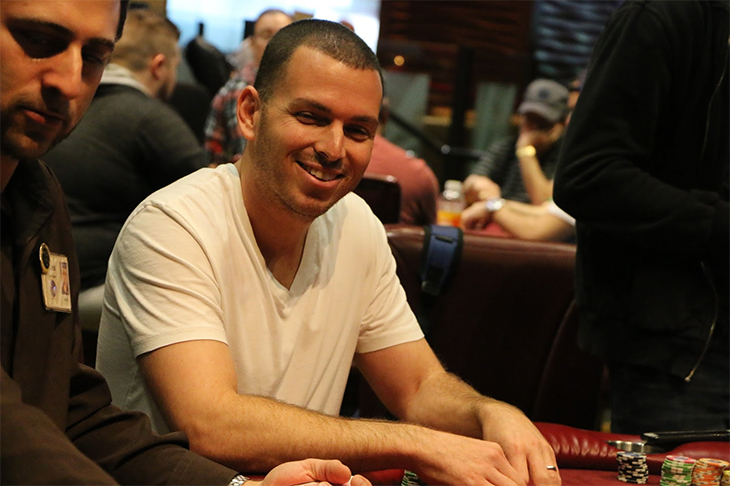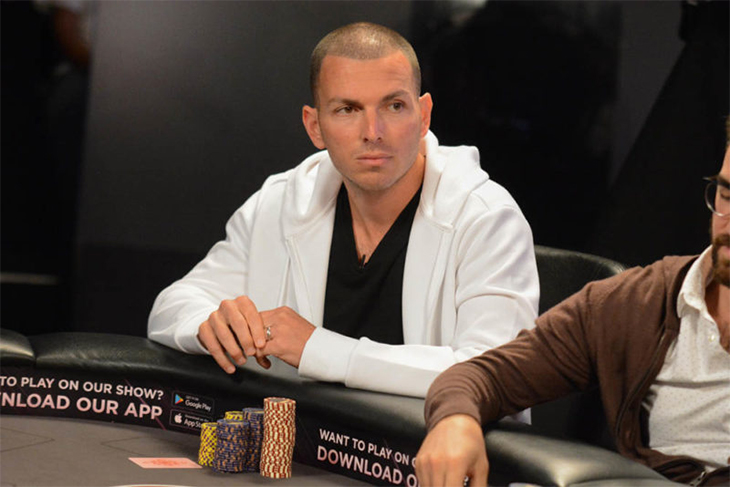
Going sober is an incredibly difficult and inspiring achievement. However, as many people know first-hand, getting sober and staying sober are not synonymous. In fact, it is the staying sober part that people struggle with the most. The fear of relapsing is very real among those who are dealing with or have dealt with substance abuse issues. And although it can be a devastating realization, relapsing is quite common on one’s lifelong journey to recovery. Here to shed some light on the topic, and specifically on how to recover from a relapse, is Adam Adler. Adam Adler is an entrepreneur based in Miami, Florida. He has over 18 years of experience in top-level management and ownership that has primarily involved investing his own capital and building brands from the ground up.
Reach Out to Loved Ones
According to Adam Adler, the first thing you should do after relapsing is to reach out to family and friends. Surrounding yourself with loved ones who care about you and your recovery is an effective coping mechanism immediately after a relapse. Not only may these people provide you with useful advice, but they will let you know that you aren’t alone. Adler recommends that anyone who has had a relapse be open and honest with their loved ones about it. Although it may be tough, it is a necessary step in recovering from your relapse.
Attend a Group Meeting
Beyond your friends and family members, Adam Adler also advises someone who has suffered a relapse to attend a meeting. One of the most well-known, Alcoholics Anonymous, has group meetings in cities and towns all over the United States. They provide a non-judgmental space for you to talk about your own experience with alcoholism and to hear about other people’s experiences that might be similar to yours. There are typically meetings held every day, and Adler urges all those who relapsed to attend a meeting within 24 hours of their relapse. Attending regularly has proven to be extremely helpful when it comes to not only getting sober but staying sober.

Avoid Triggers
It is common for relapses to follow each other closely, shares Adam Adler. That is why it is important for anyone who has recently relapsed to avoid triggers that could tempt them to consume alcohol. For all those who suffer from substance abuse issues, it’s important to know what your triggers are. Triggers can be specific people in your life or even certain cities, neighborhoods, or restaurants. Everyone’s triggers will be different, but in the aftermath of a relapse, it’s critical to identify what your triggers are and avoid them as much as possible. If it’s impossible to avoid them completely, then at the very least try to minimize occurrences.
Set Boundaries
Adam Adler claims that a key part of recovering from a relapse involves developing and sticking to healthy boundaries. Boundaries are important for everyone, but especially so for an alcoholic. In the wake of a relapse, create strict boundaries that will prevent you from having another relapse in the future. You can think of these boundaries as a sort of relapse prevention plan. One example of a boundary could be refraining from all contact with a person who often pressures you to use alcohol. Another example could be switching to a new coffee shop so that you no longer have to pass by a bar on your way to get coffee each morning if that is a trigger for you. Further, Adam Adler recommends writing a detailed list of these boundaries, as well as a list of your main triggers, of three coping mechanisms you can use when you feel like you want to drink, and finally, a list of people you can contact when you need support. Having this sort of plan in place that you can easily refer back to will help prevent a relapse in the future and will make you feel more in control.
Practice Self-Care
Self-care is especially important following a relapse, shares Adam Adler. Taking care of both your mind and body is a vital part of your road to recovery. Keep in mind that self-care practices vary widely and really depend on the person. For some, seeing a therapist may help your mind feel more at ease. For others, taking up yoga, meditation, or running might be just what you need to relieve stress and focus your mind. Other self-care activities include journaling, reading, and eating healthy.
Adam Adler concludes that knowing how to handle a potential relapse and ensure that you correct your course is an important part of recovering from addiction.


